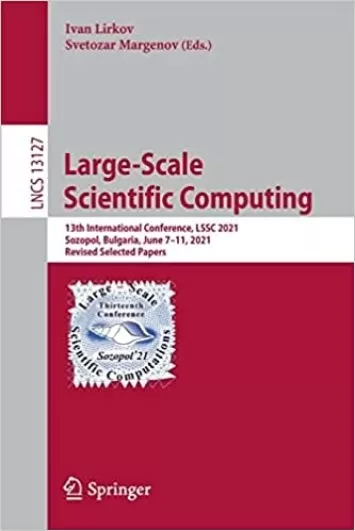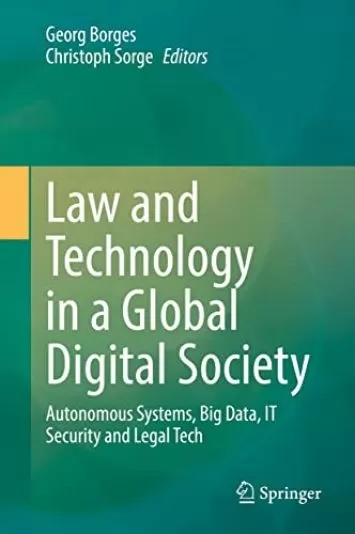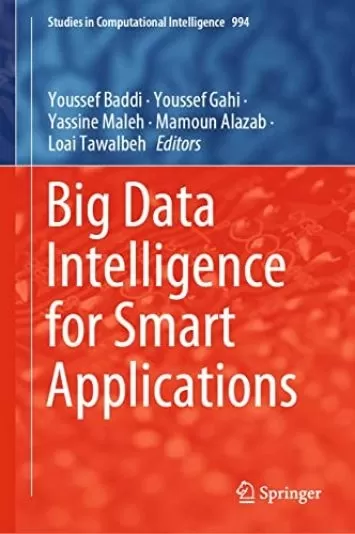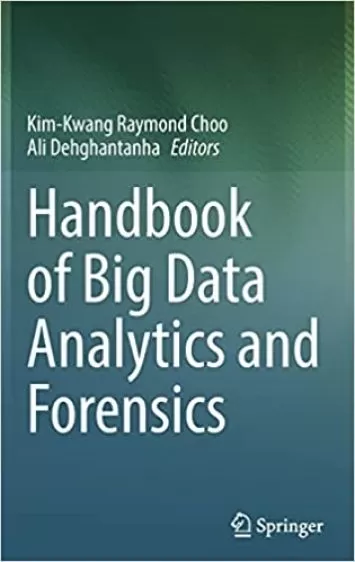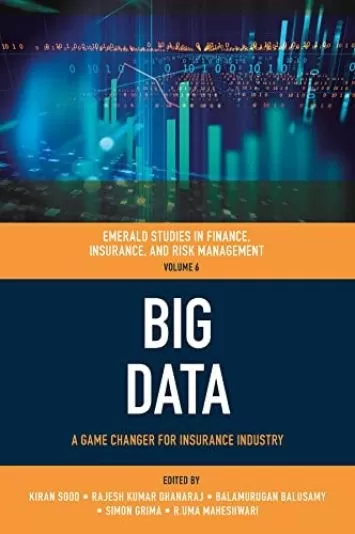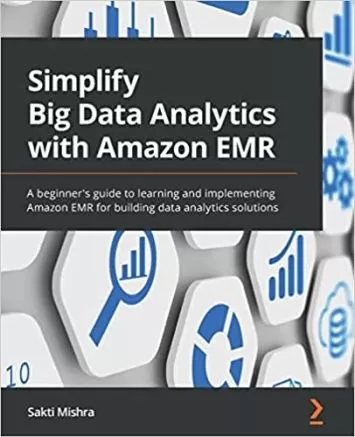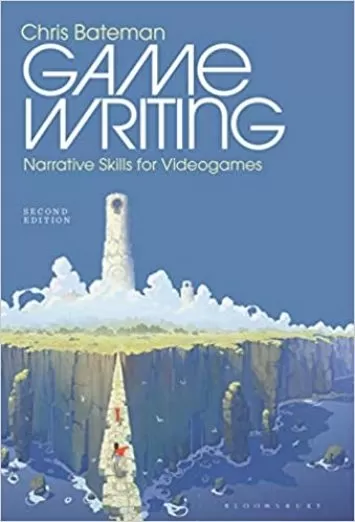
The Trouble With Big Data: How Datafication Displaces Cultural Practices (Bloomsbury Studies in Digital Cultures)
Category
Publication
Bloomsbury Academic
0 View
'
Review
By examining the much-hyped phenomenon of 'big data' through a humanist lens, the authors provide a rich account of the possibilities and limits. They focus on the importance of culture and context for understanding how data are imagined, collected, analysed and understood. Sally Wyatt, Professor of Digital Cultures, Maastricht University, the Netherlands
About the Author
Jennifer Edmond is Associate Professor of Trinity College Dublin and the co-director of the Trinity Center for Digital Humanities, Ireland. Jennifer also serves as President of the Board of Directors of the pan-European research infrastructure for the arts and humanities, DARIAH-EU. Additionally she represents this body on the Open Science Policy Platform (OSPP), which supports the European Commission in developing and promoting Open Science policies. Until 2016, Jennifer coordinated the 6.5m CENDARI FP7 (2012-1026) project and is a partner in the related infrastructure cluster, PARTHENOS. She was also coordinator of the 2017-2018 ICT programme-funded project KPLEX, which investigated bias in big data research from a humanities perspective, and is currently a partner on the CHIST-ERA project PROVIDE-DH, which is investigating progressive visualisation as a support for managing uncertainty in humanities research.
Nicola Horsley's qualitative research critiques the marginalisation of the social in various discourses and explores the dominance of scientific and technical knowledge as bases for policy and practice. Her co-authored book, Challenging the Politics of Early Intervention: who's 'saving' children and why, explores the scientific evidence base for early intervention policies; and the related article 'Brave new brains: sociology, family and the politics of knowledge' was the winner of The Sociological Review's Prize for Outstanding Scholarship 2016.
Jrg Lehmann is post-doctoral research fellow at the Romanistic Seminar at Eberhard Karls University Tbingen, Germany. He studied history and comparative literature at Freie Universitt Berlin. He gained experience in digital humanities methodologies, working in the research infrastructure project CENDARI, in the interdisciplinary research project The Researchers' Affects (Berlin, Germany/Berne, Switzerland) and in the K-PLEX project. He has published two monographs on war literature as well as several articles on hate speech, depictions of violence in the media, on the quantitative analysis of paratexts and on sentiment and emotion analysis in texts.
Mike Priddy is a Senior Information Systems Engineer at Data Archiving and Networked Services (DANS) based in The Hague, the Netherlands. He works across the Social Sciences and Humanities on a range of European research infrastructures and development projects, specialising in architectural, process and quality modelling as well as project management. He has been involved in specifying and creating research infrastructures since 2005, including in that time, DARIAH (Digital Research Infrastructure for the Arts and Humanities preparatory phase) DASISH (Data Services Infrastructure for the Social Sciences and Humanities), DwB (Data without Boundaries), EHRI (European Holocaust Research Infrastructure phases 1 & 2), CESSDA-SaW (Strengthening and Widening), HaS-DARIAH (Humanities at Scale).
Nicola Horsley's qualitative research critiques the marginalisation of the social in various discourses and explores the dominance of scientific and technical knowledge as bases for policy and practice. Her co-authored book, Challenging the Politics of Early Intervention: who's 'saving' children and why, explores the scientific evidence base for early intervention policies; and the related article 'Brave new brains: sociology, family and the politics of knowledge' was the winner of The Sociological Review's Prize for Outstanding Scholarship 2016.
Jrg Lehmann is post-doctoral research fellow at the Romanistic Seminar at Eberhard Karls University Tbingen, Germany. He studied history and comparative literature at Freie Universitt Berlin. He gained experience in digital humanities methodologies, working in the research infrastructure project CENDARI, in the interdisciplinary research project The Researchers' Affects (Berlin, Germany/Berne, Switzerland) and in the K-PLEX project. He has published two monographs on war literature as well as several articles on hate speech, depictions of violence in the media, on the quantitative analysis of paratexts and on sentiment and emotion analysis in texts.
Mike Priddy is a Senior Information Systems Engineer at Data Archiving and Networked Services (DANS) based in The Hague, the Netherlands. He works across the Social Sciences and Humanities on a range of European research infrastructures and development projects, specialising in architectural, process and quality modelling as well as project management. He has been involved in specifying and creating research infrastructures since 2005, including in that time, DARIAH (Digital Research Infrastructure for the Arts and Humanities preparatory phase) DASISH (Data Services Infrastructure for the Social Sciences and Humanities), DwB (Data without Boundaries), EHRI (European Holocaust Research Infrastructure phases 1 & 2), CESSDA-SaW (Strengthening and Widening), HaS-DARIAH (Humanities at Scale).
Anthony Mandal is Lecturer in English Literature at Cardiff University.
Similar Books
Other Authors' Books
Other Publishing Books
User Reviews
Rating
average 0






